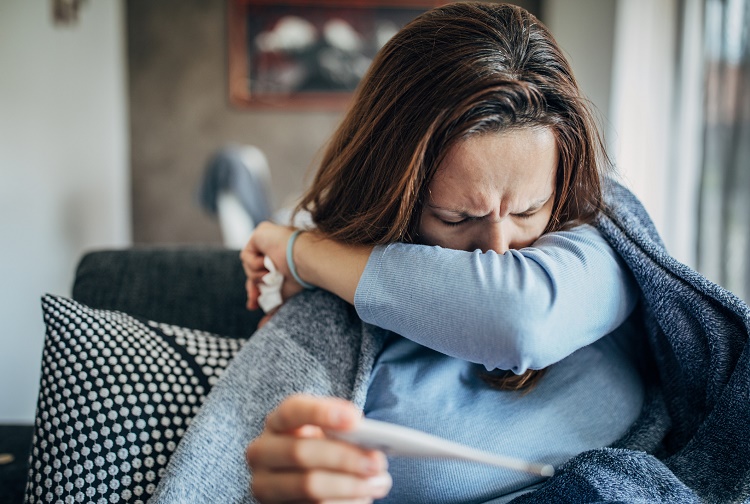
VCU launches long-haul COVID-19 study with the help of twins
Project will help researchers understand the genetic and environmental factors of long COVID.
August 27, 2021 Photo: Getty Images
Photo: Getty Images
Contributed by the C. Kenneth and Dianne Wright Center for Clinical and Translational Research
Virginia Commonwealth University is launching a study of the impact of COVID-19 on twins to try to determine why some people experience symptoms much longer than others.
The Twin 360 project, which began this week, will help researchers understand the genetic and environmental factors for why some people experience lasting symptoms after contracting COVID-19. And the research will inform possible treatments for the new chronic disease.
“Whether or not they had a serious case of COVID-19, many patients are continuing to experience symptoms like shortness of breath, chest pain, fatigue and loss of taste and smell, well after they’re infected with the virus,” said F. Gerard Moeller, M.D., co-lead on the project and the director of the VCU C. Kenneth and Dianne Wright Center for Clinical and Translational Research. “And, frankly, we don’t know much about why.”
Estimates vary as to how many people experience long COVID. A July 2020 article found that 87% of patients hospitalized with COVID-19 reported one or more lasting symptoms 60 days after returning home from the hospital. Another study in December showed that one-third of patients who were not hospitalized had lingering symptoms 30 to 45 days after diagnosis.
“Twins add a different lens through which you can view the impact of long COVID,” said Judy Silberg, Ph.D., associate professor in the VCU School of Medicine’s Department of Human and Molecular Genetics and co-lead for Twin 360. “They’ll help us unravel the genetic and environmental factors that play a role.”
For example, she said, if there are identical twins with COVID-19 and one has a more extreme response to it than the other, it might be an environmental factor. This could also be the case for developing long COVID.
The team is recruiting hundreds of pairs of twins through VCU’s Mid-Atlantic Twin Registry, a database of twins who’ve expressed interest in participating in research studies. The registry and the Twin 360 study seek twins of all ages, races and ethnicities, both identical and fraternal, as well as higher multiples such as triplets, quadruplets and quintuplets.
Twins will participate in a simple survey about their general health and COVID-19 experience, and some participants may be invited to give blood and other samples.
What’s learned by Twin 360 researchers could help the patients at VCU Health Long COVID-19 Clinic. The outpatient clinic, which opened to VCU Health patients by referral in June, is among the first in Virginia dedicated to treating lung, heart and neurologic effects that linger after COVID-19.
“We encourage twins and multiples to sign up for the Mid-Atlantic Twin Registry at any time, but we’re especially encouraging twins who had COVID-19 and are experiencing lasting symptoms to register now,” said Silberg, who is the scientific director of the registry. “There are patients all over the world who could benefit from the data that will result from this study.”
Interested multiples can register for the Mid-Atlantic Twin Registry, update their contact information and express interest in the Twin 360 study at the registry’s website.
For more information
For a variety of news and information on COVID-19 and how VCU Health is keeping patients safe, please visit our COVID-19 News Center.



